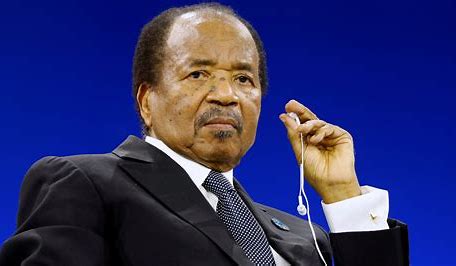For victims of torture and their families, the United Nations (UN) Committee Against Torture’s review brings a moment of hope—and, perhaps, a chance to be heard. From October 28 to November 22, the committee has been holding hearings on the state of human rights and government accountability in six countries, including Namibia and Cameroon.
This review isn’t just another check-in; it’s a public reckoning for these nations, where survivors and advocates alike hope their stories will finally spark change.
The committee has engaged in dialogue with government representatives, NGOs, and human rights defenders, but it’s the voices of ordinary people—those who have been silenced or harmed—that resonate the loudest.
For the families of Cameroonian journalist Martinez Zogo, who was allegedly tortured and killed, and musician Longue Longue, reportedly targeted for his public dissent, this review is a painful reminder of lives irreparably scarred.
Zogo’s voice, once loud in exposing corruption, was cut short in unimaginable violence; Longue Longue’s journey from artist to activist came with a price he couldn’t have foreseen.
As Cameroon’s security forces face allegations of systematic abuse, especially in conflict-affected regions, the stories emerging aren’t just about numbers or protocols but about lives lived under constant fear.
Communities in these areas report arbitrary detentions, violence, and a loss of basic freedoms—a cycle of trauma that ripples through families and entire villages.
These UN assessments are more than procedural; they are, for many, the only chance to hold power accountable and to ask the world not just to see, but to feel the human cost of inaction.
For families and survivors, the hope is that the UN’s findings will push governments to confront these truths and commit to real reform, ensuring the safety and dignity of those they serve.


